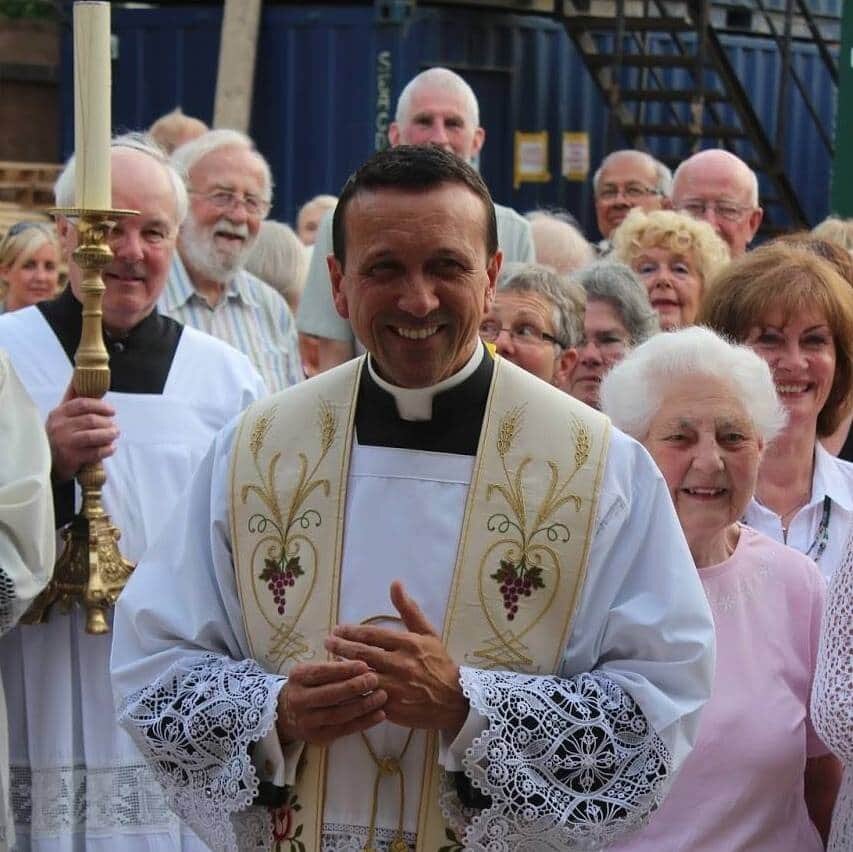Following the most ancient Christian tradition, the Church insistently recommends that the bodies of the deceased be buried in cemeteries or other sacred places. Burial is above all the most fitting way to express faith and hope in the resurrection of the body. By burying the bodies of the faithful, the Church confirms her faith in the resurrection of the body, and intends to show the great dignity of the human body. Burial in a cemetery or another sacred place adequately corresponds to the piety and respect owed to the bodies of the faithful departed who through Baptism have become temples of the Holy Spirit.
The burial of the faithful departed in cemeteries or other sacred places encourages family members and the whole Christian community to pray for and remember the dead.Through the practice of burying the dead in cemeteries, in churches or their environs, Christian tradition has upheld the relationship between the living and the dead and has opposed any tendency to minimise, or relegate to the purely private sphere, the event of death and the meaning it has for Christians.
In circumstances when cremation is chosen because of sanitary, economic or social considerations, this choice must never violate the explicitly-stated or the reasonably inferable wishes of the deceased faithful. The Church raises no doctrinal objections to this practice, since cremation of the deceased’s body does not affect his or her soul. Thus cremation, in and of itself, objectively negates neither the Christian doctrine of the soul’s immortality nor that of the resurrection of the body. The Church continues to prefer the practice of burying the bodies of the deceased, because this shows a greater esteem towards the deceased. Cremation is not opposed per se to the Christian religion under the condition that this choice has not been made through “a denial of Christian dogmas, the animosity of a secret society, or hatred of the Catholic religion and the Church”. In the absence of motives contrary to Christian doctrine, the Church, after the celebration of the funeral rite, accompanies the choice of cremation, providing the relevant liturgical and pastoral directives.
When, for legitimate motives, cremation of the body has been chosen, the ashes of the faithful must be laid to rest in a sacred place, that is, in a cemetery or, in certain cases, in a church or an area, which has been set aside for this purpose, and so dedicated by the competent ecclesial authority. From the earliest times, Christians have desired that the faithful departed become the objects of the Christian community’s prayers and remembrance.
The reservation of the ashes of the departed in a sacred place ensures that they are not excluded from the prayers and remembrance of their family or the Christian community. The conservation of the ashes of the departed in a domestic residence is not permitted. It is not permitted to scatter the ashes of the faithful departed in the air, on land, at sea or in some other way, nor may they be preserved in mementos, pieces of jewellery or other objects. When the deceased notoriously has requested cremation and the scattering of their ashes for reasons contrary to the Christian faith, a Christian funeral must be denied to that person according to the norms of the law.
